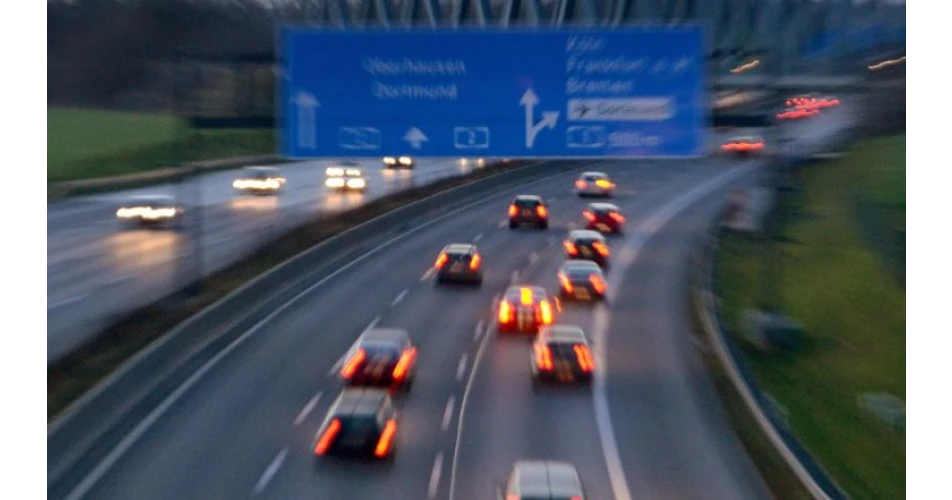The automotive industry in Germany, normally the powerhouse of European car production and sales, is facing an uncertain future as EV sales continue to slump and the consumer switch to electric vehicles has fails to match the investments car companies have made.
Not so long ago it seemed that we were constantly hearing of hugely impressive sales growth for EVs in all markets in Europe. However, car makers have now hit something of a wall as the number of early adopters, who are both eco-conscious and have the finance to buy such cars runs out. Added to this many governments have scaled back on incentives to switch to EVs, effectively making them more expensive.
German car makers in particular had built their production plans and made huge investments based on continued EV growth and are now being caught out by not having more economical EVs to offer, or the production capacity to meet demand for petrol and hybrid models. This means that in German the overall utilisation figure for vehicle production is currently running at around only 78%. This has already impacted on profit forecasts for companies such as VW, Mercedes and BMW.
While Ireland saw a 24.6% drop in battery electric vehicles sales in July, Germany’s EV sales fell by 37% last month. This has been the largest drop off since December last year when EV subsidies were removed.
EV sales in Germany now account for around 13% of the new car sales market down from 20% last year. Ireland is on a similar 13% EV sales share.
